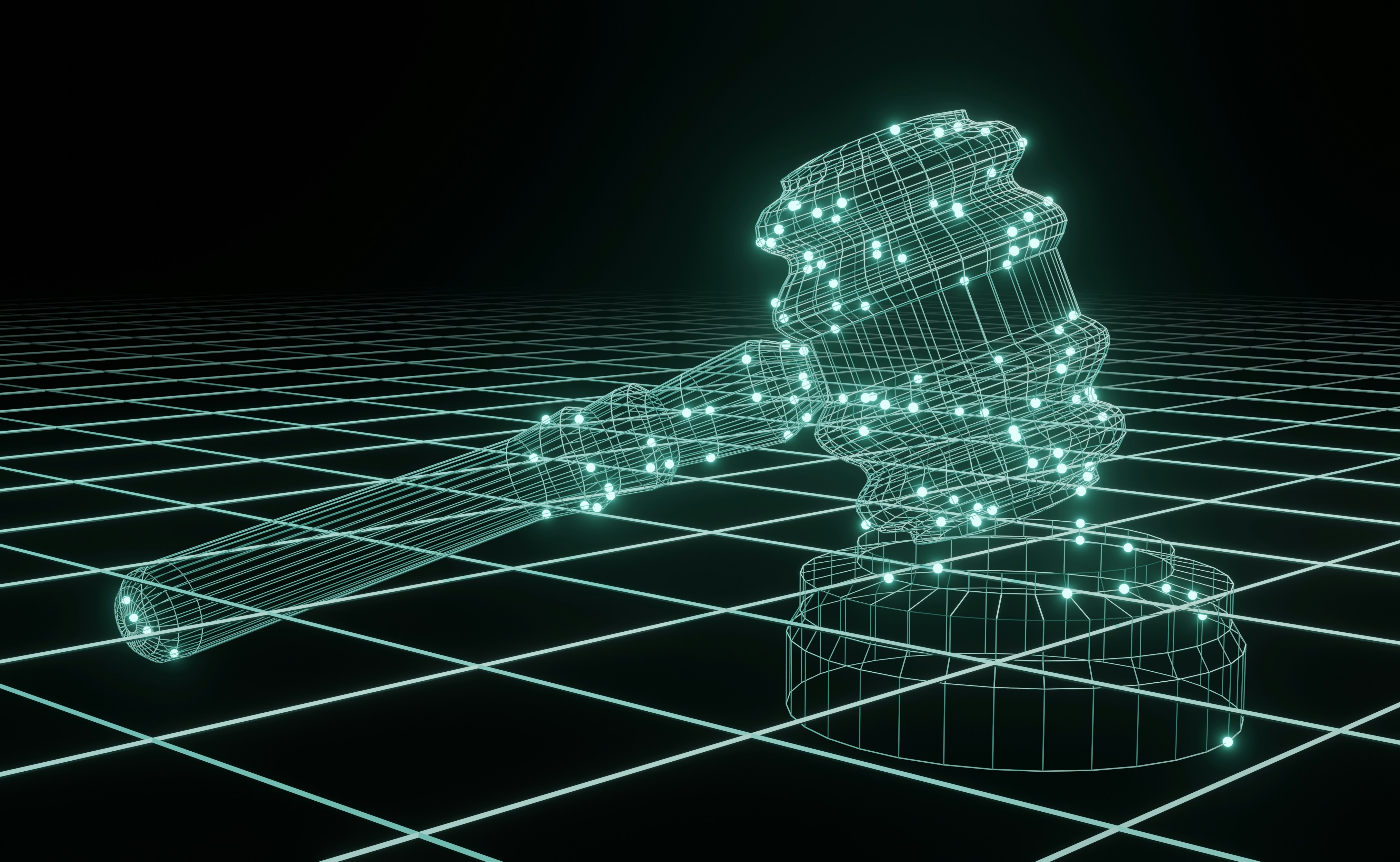The Evolution of Technology: A Dive into Old Versus New
November 23, 2024 | by edgars.liseks@gmail.com
 Photo by Markus Spiske on Unsplash
Photo by Markus Spiske on Unsplash The Roots of Technology: Understanding Old Technology
Technology has significantly evolved over centuries, transforming how we communicate, work, and live. The foundations of modern technology can be traced back to several key historical inventions that set the stage for subsequent advancements. One of the earliest tools for computation was the abacus, used by ancient civilizations to perform arithmetic calculations. This simple yet effective device showcased the fundamental need for more efficient computation, paving the way for future innovations.
The advancement of hardware continued with the creation of mechanical calculators in the 17th century. These early machines laid the groundwork for the development of electronic computers in the 20th century. The first electronic computers, such as the ENIAC, revolutionized data processing by utilizing vacuum tubes and complex circuitry. This marked a significant shift from mechanical to electronic systems, enabling faster and more reliable computations.
As hardware evolved, software innovations played an equally crucial role in shaping the technological landscape. Early programming languages, such as Fortran and COBOL, emerged to facilitate complex computing tasks, bridging the gap between hardware capabilities and user requirements. Operating systems developed concurrently, providing the necessary environment for software to operate efficiently on hardware. These developments were critical as they determined how technology would be disseminated and utilized across various sectors.
The emergence of the internet in the late 20th century marked another pivotal moment in the evolution of technology. It facilitated unprecedented communication and information exchange, creating new opportunities for business and social interaction. Furthermore, the advent of smartphones epitomizes the culmination of these advancements, integrating various technologies into a single portable device that continues to reshape daily life.
Understanding the roots of technology allows us to appreciate the remarkable journey from simple counting tools to sophisticated computing devices that define our modern world. The historical context not only highlights the significance of past inventions but also emphasizes the continuous nature of technological evolution.
The Future of Innovation: Embracing New Technology
The current landscape of technology is characterized by rapid advancements that redefine how we interact with the world around us. A significant area of focus is artificial intelligence (AI), which has made strides in machine learning and natural language processing. AI is not only enhancing software applications but also automating processes in various industries, from healthcare to finance. As businesses adopt AI, they are harnessing the power of data to make informed decisions and increase operational efficiency.
Cloud computing has emerged as another revolutionary technology, facilitating access to vast resources without the need for extensive physical infrastructure. The scalability and flexibility of cloud services support both startups and established enterprises in optimizing their workflows, leading to significant cost savings. The ongoing migration to the cloud is accompanied by discussions about security and data management, highlighting the importance of robust measures to protect sensitive information.
The Internet of Things (IoT) continues to grow, connecting an expanding network of devices that communicate with one another. This interconnectivity is reshaping everyday life and industries alike, from smart homes that enhance energy efficiency to industrial IoT applications that improve supply chain logistics. However, the benefits of IoT come with challenges such as data privacy issues and the potential for increased cyber threats, necessitating a careful approach to development and implementation.
As we look toward the future, it is clear that the pace of innovation will only accelerate. Predictions indicate that advancements in quantum computing, biotechnology, and augmented reality could redefine the technological landscape. Society must prepare for these changes by fostering a culture of ethical consideration and adaptability. Addressing aspects such as job displacement and data governance will be essential to ensure that the benefits of new technology are realized widely and responsibly.
RELATED POSTS
View all


